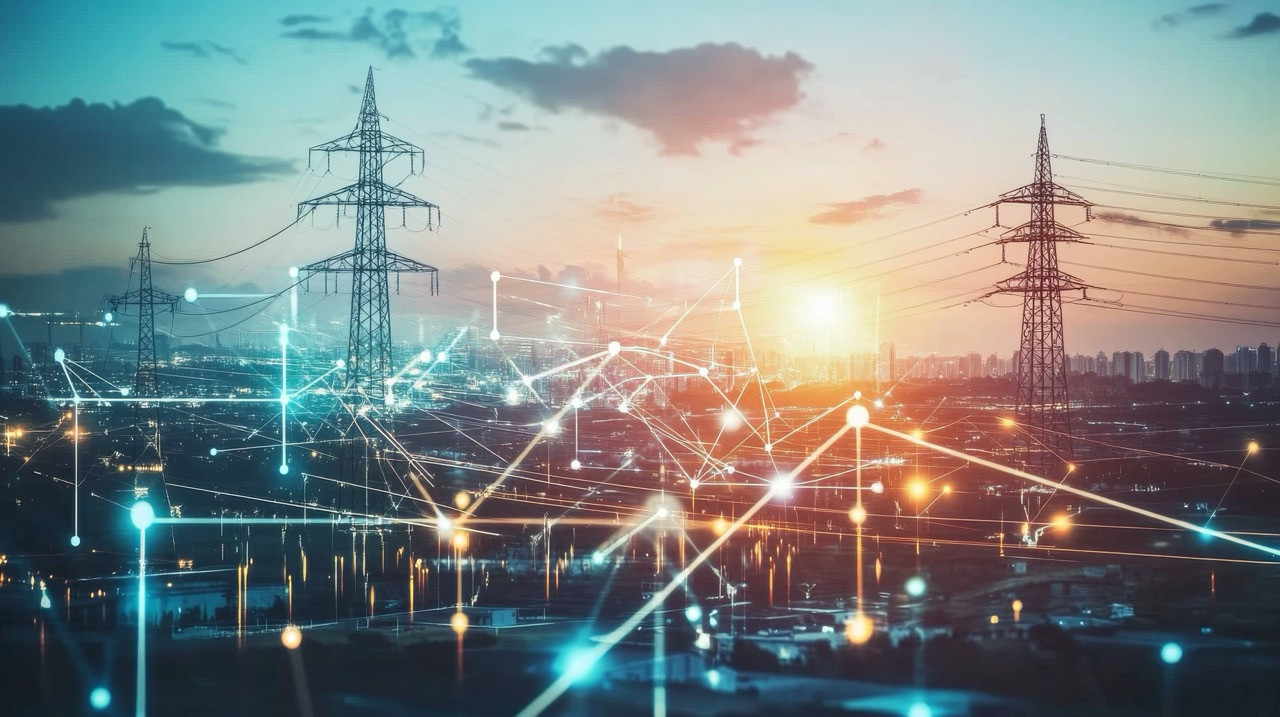

As critical infrastructure and tools—everything from power grids to medical devices—grow increasingly interconnected, the potential for disruptions and harm caused by cyberattacks has ballooned. While technological advances can improve protection, threats are ever evolving, and adoption of new tools and development of new policy can move slowly.
To address emerging and persistent cybersecurity challenges, the University of Pittsburgh’s Cyber Energy Center and Pitt Cyber will host “Transforming Cybersecurity: A Multidisciplinary Approach to Risk, Policy, and the Future of Cybersecurity” on August 12, 2025, in Oakland. The one-day, in-person workshop will bring together leaders across disciplines in industry, academia, and government to explore risks in cybersecurity and how policy can help ensure improved security.
“Through our work in Pitt’s Cyber Energy Center,” said Erica Owen, associate professor in the School of Public and International Affairs, “we’re asking questions like, how do you protect critical energy infrastructure from increasingly sophisticated cyberattacks? And if you have a new technology that reduces risk, how do you get people to adopt it?”
Understanding that complex questions like these cannot be answered in a silo, the Cyber Energy Center was created in 2024 through a $2.5 million Department of Energy grant as a convergent, multidisciplinary ecosystem, where engineers, computer scientists, lawyers, and public policy analysts work together to solve problems. The workshop, supported by grant funding from Pitt Cyber, will promote this approach by bringing together diverse leaders from across Pittsburgh and the country.
“When most people think about cybersecurity, they think about firewalls, passwords, cryptography—things like that,” said Daniel Cole, associate professor of mechanical engineering and materials science and Director of the Cyber Energy Center. “But the problems we have around cybersecurity aren’t just technical ones. And they aren’t just policy issues. We’re tackling a problem that requires technology and policy experts to find solutions.”
The workshop will feature a keynote from Cheri Caddy, a Senior Cybersecurity Fellow at the McCrary Institute for Cyber & Critical Infrastructure Security, who will discuss current challenges and emerging threats. Among her many roles, Caddy has served as Senior Advisor for Cybersecurity for the U.S. Department of Energy and as Director of Cybersecurity Policy on the National Security Council.
Greg Shannon, Chief Cybersecurity Scientist at the Idaho National Laboratory, will also speak, examining new technology that can transform the cybersecurity landscape.
In addition to these speakers, panels of experts from across disciplines will explore risk and policy. The interactive event will conclude with an open discussion that seeks to chart a path forward.
“We cannot solve the problem of cybersecurity risk in critical infrastructure without a multidisciplinary approach,” said Owen. “Through this workshop, we’re hoping to lay the foundation for future conversations about this important topic. Our goal is to build momentum here in Pittsburgh to ensure a safer energy infrastructure.”




